8 Common Phrases to Avoid in Formal Emails

The email is the primary means of formal communication today, with most of us having to write at least 1 email every day. The email is a form of written communication, which implies that one should be careful with the choice of words for the email. If you do not choose your words with care, then your email will fail to convey the message effectively, and even worse, might portray you as rude and impolite or even undermine your credibility. The Email Etiquette series is all about writing emails that people love to read, and today we shall talk about an easy trick to make your emails more effective – avoiding certain phrases! So, let’s get started.
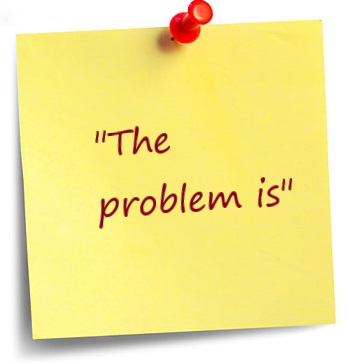
When you use the phrase the problem is, you set a negative tone to the email. Also, even if there’s a problem at hand, projecting it as a problem makes it sound as it there’s no solution. This might cause the reader to panic.
2] I think…
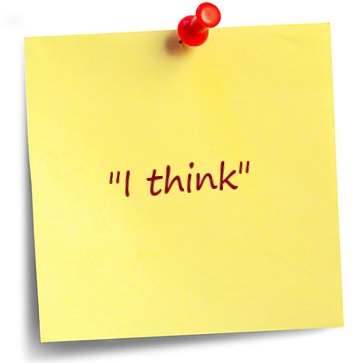
It is recommended that you avoid using the phrase I think in your emails at all costs, because it indicates uncertainty and shows that you aren’t confident enough or you’re not completely aware of a given situation. All it does is create a negative impression about you.
3] Hey there
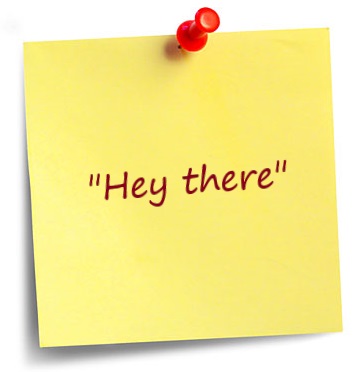 The phrase Hey there might sound warm and friendly in a personal email, but it is a strict no-no when it comes to a business email. The reason is that this phrase sounds all to informal.
The phrase Hey there might sound warm and friendly in a personal email, but it is a strict no-no when it comes to a business email. The reason is that this phrase sounds all to informal.
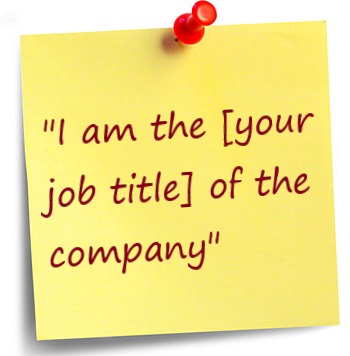
You’ll often find people starting their email with this phrase, to highlight the designation or job title. The objective of doing this is to add an air of authority. However, more often than not, this might be perceived as arrogant and self-imposing to your reader.
5] As I mentioned before…
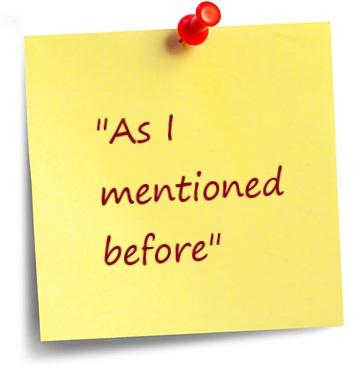
6] I don’t know
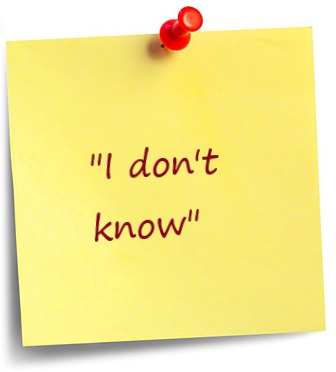
7] Don’t hesitate to contact me
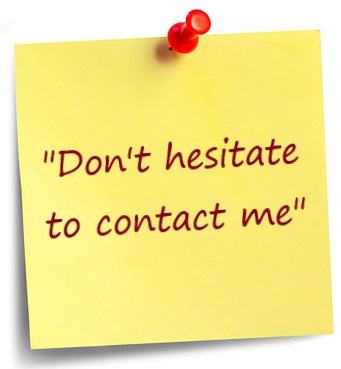 This phrase is a classic example of being too formal to the point of sounding insincere. Why assume the other person will hesitate to contact us? When you provide contact details in your email, that itself indicates they can get in touch with you. As clichéd as this phrase may be, you must avoid it at all cost as it is vague.
This phrase is a classic example of being too formal to the point of sounding insincere. Why assume the other person will hesitate to contact us? When you provide contact details in your email, that itself indicates they can get in touch with you. As clichéd as this phrase may be, you must avoid it at all cost as it is vague.
8] Sincerely Yours
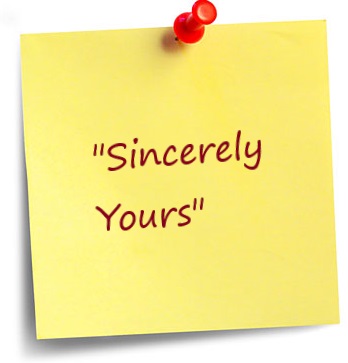
The Final Word:
Avoiding the above phrases in your email will make you sound more professional yet polite. You should note that written communication is more prone to misunderstandings, as the other person is not able to “read” your expressions or decipher your tone of voice. Hence, the approach to writing good emails is to be as clear as possible and remove all signs of ambiguity.
1] The problem is…

What to Use Instead: Portray the situation as a challenge with a likely solution, instead of a problem. For example, ‘We’re facing an issue with the system backup, but the team is working on it’ sounds better than ‘the problem is that there is an issue in the system backup’.
2] I think…

What to Use Instead: The right approach is to use an assertive sentence. If you’re not sure enough to be assertive, say something like ‘I will learn the details and get back to you with the best solution’ or ‘According to my knowledge, this is not the best approach’.
3] Hey there

What to Use Instead: The best practice is to use ‘Hello’ followed by the reader’s name as a greeting. The word ‘Hi’ is also acceptable, but it is perceived as a little less formal. Hence, choose to use ‘Hi’ only when you know the person well.
4] I’m the [your job title] of the company

What to Use Instead: A good practice is to avoid using such phrases at the beginning and choose to mention your job title in the email signature at the end.
5] As I mentioned before…

The biggest reason you should avoid using this phrase is that it makes the reader feel demotivated. When you use this phrase, the reader might perceive it as a minor dig at their lack of attention. You must understand that people go through multiple emails and so if you indeed have to explain a point again, be patient.
What to Use Instead: The right approach is to attempt to provide the details the second time. If the person is still not able to follow, it is recommended that you get in touch directly over the phone.
6] I don’t know

Well, this is a phrase you should NEVER use in a professional email. When you say ‘I don’t know’ it is perhaps the easiest way to show unprofessionalism. There are other ways to say things when you have little or no awareness about a particular situation and that you’re trying to escape the question with zero ownership.
What to Use Instead: If you really feel you need more information before you will be able to answer a question, it is better to say something like ‘Let me get into the details of the situation/issue before I can provide you with a solution’.
7] Don’t hesitate to contact me

What to Use Instead: Instead, just mention something on the lines of ‘Get in touch with us’ or ‘Have a query or suggestion? Contact us’ before mentioning your contact details.
8] Sincerely Yours

This used to be a very formal phrase but has become obsolete now, which is why you should stop using it. Using Sincerely Yours to close your email is archaic and might make you come across as old-fashioned or even make you sound too eager to please!
What to Use Instead: Ideal and well recommended phrases are ‘Warm Regards’, ‘Thanks & Regards, or simply ‘Thanks’.
The Final Word:
Avoiding the above phrases in your email will make you sound more professional yet polite. You should note that written communication is more prone to misunderstandings, as the other person is not able to “read” your expressions or decipher your tone of voice. Hence, the approach to writing good emails is to be as clear as possible and remove all signs of ambiguity.
Write a comment
- Ashish Waghmare September 13, 2019, 7:38 amgood to know informationreply
